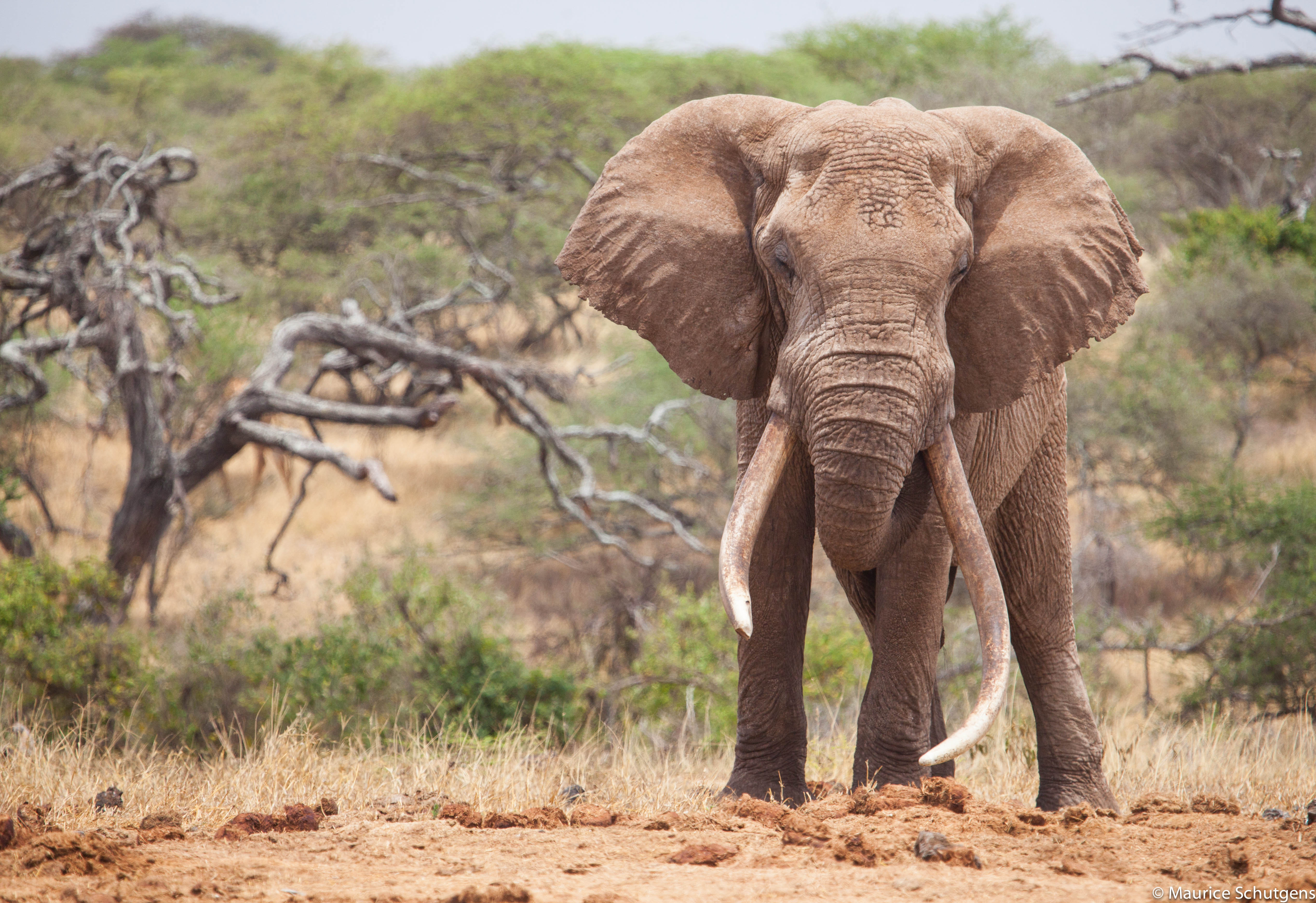Strengthening wildlife laws to save Tanzania’s elephants from slaughter
Space for Giants’ Wildlife Justice Director Katto Wambua on protecting wildlife by convicting the criminals who seek to slaughter them

Between 2009 and 2015 more than 60% of Tanzania’s elephant population was massacred by ivory poachers. The rich biodiversity in the home of the world famous wildebeest migration was under serious threat.
Since then, years of committed conservation work by the government and NGOs has helped Tanzania halt the worst of the poaching within its borders. Elephant populations have risen from 43,000 in 2014 to 60,000 in 2019, and the National Taskforce on Anti-Poaching (NTAP) has helped bring about the arrests of 2,300 poachers and traffickers in the same five-year period.
Six months ago, international conservation organisation Space for Giants signed a new long-term agreement with Tanzania’s new Director of Public Prosecutions Sylvester Anthony Mwakitalu to strengthen awareness and prosecutorial capacity for combating wildlife crime.
Wildlife Justice Director of Space for Giants, Katto Wambua, tells The Independent “Great work is being done in Tanzania, but still, there is the need to strengthen the protection of wildlife and bring more criminals to justice.
“The national wildlife crime conviction rates pre-Covid were around 80%, which is fair. But the challenge is to go after those who are most responsible and ensure their conviction. That is the only way to effectively disrupt this trans-national organised crime.”
Space for Giants is working with partners United Nations Office on Drugs and Crime [UNODC], TRAFFIC and the African Wildlife Foundation alongside the East Africa Association of Prosecutors (EAAP), an association of Prosecution Authorities in Kenya, Uganda, Tanzania, Rwanda, Burundi, and South Sudan which seeks to address wildlife crime through promoting the rule of law and improving regional cooperation.
As part of this work sponsored by the UNODC, Wambua is overseeing a team that is updating Tanzania’s wildlife and forestry crime Rapid Reference Guide which will now include fisheries crimes which are significant in Tanzania. The Guide - which Wambua equates to “a cookbook; a common playbook for agencies involved in combating wildlife crime” - is a practical daily-use toolkit for all state agencies in the criminal justice pathway, including investigators, prosecutors and judicial officers, that breaks down all the applicable laws and offers a guide for how to apply them.
Rapid Reference Guides are country-specific, based as they are on the nation’s own laws and legal framework, and need to be regularly updated. This is the first time Tanzania’s Guide has been updated since the inaugural edition in 2016.
Wambua explains “Prosecutors in Tanzania have vast powers compared to other countries. It is one of the countries in Africa where they have the same role as prosecutors have in the US. They guide and lead investigations, which does have some benefits. It means that when they get it right they really get it right (as has been in recent major wildlife trafficking cases), as there is no breakdown of things being lost in the bureaucratic process.
“The Rapid Reference Guide is accepted by national authorities and created by not just one agency but with input from all relevant agencies. It is a crucial template for change.”
As well as updating Tanzania’s Guide, Space for Giants and other partners will be training judicial officers and will soon commence court monitoring, another tool deployed successfully in various African countries to keep track of and audit conviction rates.
This month Space for Giants is co-hosting a regional conference about wildlife crime and asset recovery with UNODC, TRAFFIC and EAAP, bringing together key players in these subjects across 12 Eastern, Central and Southern African countries.
Wildlife crime cannot be solved by one nation. But with locally-driven approaches and a strong focus on collaboration, Tanzania is showing how the war against illegal wildlife trade can continue to be successfully fought.

Join our commenting forum
Join thought-provoking conversations, follow other Independent readers and see their replies